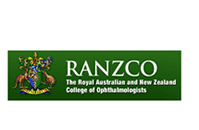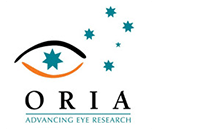Conjunctivitis
Conjunctivitis, commonly known as pink eye, is an inflammatory condition that arises due to infection of the conjunctiva. Conjunctiva is a thin membrane that covers the white of the eyeball and lines the eyelid. Inflammation of small blood vessels in the conjunctiva makes them more visible and causes the redness of the eyes, but rarely affects vision. It is contagious; hence, requires early diagnosis and treatment.
Symptoms
The most common symptom of conjunctivitis is redness of the eye. Other symptoms include:
- Eye pain and itching
- Blurred vision
- Frequent wetting of the eyes
- Greasy discharge during night that form a crust on waking
- White or green discharge from the eyes
- Increased sensitivity of eyes to light
- Blurred vision
Causes
Conjunctivitis may occur due to viral or bacterial infections, certain allergic reactions or exposure to irritant chemicals. In some cases, a blocked tear duct can cause conjunctivitis in newborns.
Risks and complications
Exposure to allergic substances and long-term use of contact lenses can increase the risk for conjunctivitis. Although conjunctivitis is a self-limiting disease, major complication can occur like the inflammation of the cornea (transparent outer covering of the eye), which may even affect your vision.
Diagnosis
Conjunctivitis can be diagnosed through an eye examination and testing a swab of the discharge in the laboratory to study the underlying infection.
Treatment
Conjunctivitis due to irritants can be treated by washing the eyes clean, while bacterial infections and allergic reactions can be treated with antibiotics and medication that help control the allergy (in form of eye drops or ointments), respectively. Most forms of viral infections do not have any treatment. It should run its course, which will be 4 to 7 days.
Dos and don’ts
Along with medication, there are certain practices that need to be followed to alleviate symptoms and prevent the spread of the infection to others.
- Protect eyes from harmful, allergic or irritant chemicals
- Avoid makeup
- Avoid wearing contact lenses
- Use non-prescription ‘artificial tears’ (eye drops)
- Do not share drops or makeup of an infected person, or use the same bottle for an uninfected eye
- Do not touch or rub affected eye
- Thoroughly wash hands with soap and warm water every time you apply eye drops
- Wash discharge with cotton ball and discard







